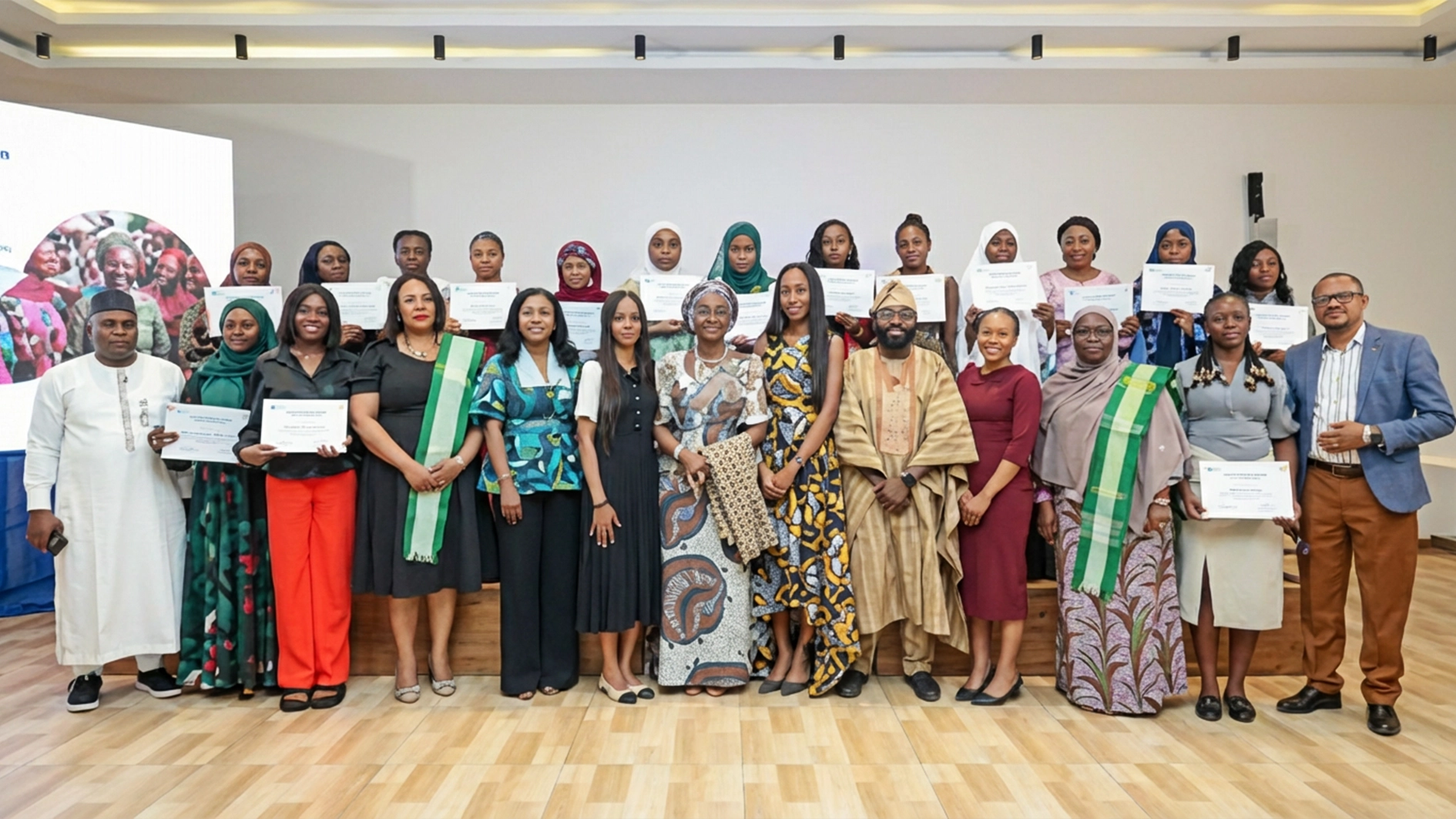As Nigeria continues to grapple with the challenges of maternal and child health, Akuchinyere Onyinyechukwu Titus-Okpanachi, a health advocate, entrepreneur, and community leader, emphasizes the need for a holistic approach to address these issues. “In Nigeria, women are the cornerstone of families, communities, and the economy; however, their health remains a notably underserved area of national development,” she notes.
These women face significant health disparities, ranging from maternal mortality to mental health challenges, exacerbated by poverty, limited access to care, cultural stigma, and inadequate health education. According to Titus-Okpanachi, the problems stem from systemic inequalities, environmental degradation, and restricted access to quality care.
As someone who has spent years working in maternal and child health across Nigeria, Titus-Okpanachi has witnessed the heartbreaking challenges and the incredible resilience that define the country’s healthcare landscape. “Today, drawing on the knowledge gained from my Master of Public Health studies at Liberty University and my experience with international organizations, I am compelled to emphasize that adopting a holistic approach to maternal and child health is not merely a policy option, it is a critical imperative that will shape the future of our nation,” she says.
Titus-Okpanachi highlights the importance of empowering women through education and economic opportunities. “When girls stay in school longer, they marry later, have fewer children, and are more likely to seek skilled care during pregnancy and childbirth,” she explains. “An educated mother is more likely to vaccinate her children, practice proper nutrition, and recognize danger signs that require immediate medical attention.”
The health advocate also emphasizes the need for community-centred solutions, citing examples of successful initiatives in Rivers State and Lagos. “Some of the most impactful interventions I’ve witnessed have emerged within communities,” she says. “These grassroots initiatives succeed because they understand local contexts, cultural sensitivities, and practical barriers that external programs often miss.”
Titus-Okpanachi envisions a Nigeria where every woman can access quality healthcare, safely deliver children, and raise them in a clean, supportive environment. “I envision a country where women are economically empowered to make independent health decisions, and primary healthcare facilities are fully functional, with trained, motivated staff and well-stocked supplies, even in the most remote areas,” she says.
Ultimately, Titus-Okpanachi stresses that improving maternal and child health outcomes in Nigeria requires a collective effort. “We need all of us – government officials, healthcare providers, community leaders, civil society organizations, and individual citizens – to recognize our roles in creating change,” she concludes. “The women and children of Nigeria deserve nothing less than our best efforts.”






